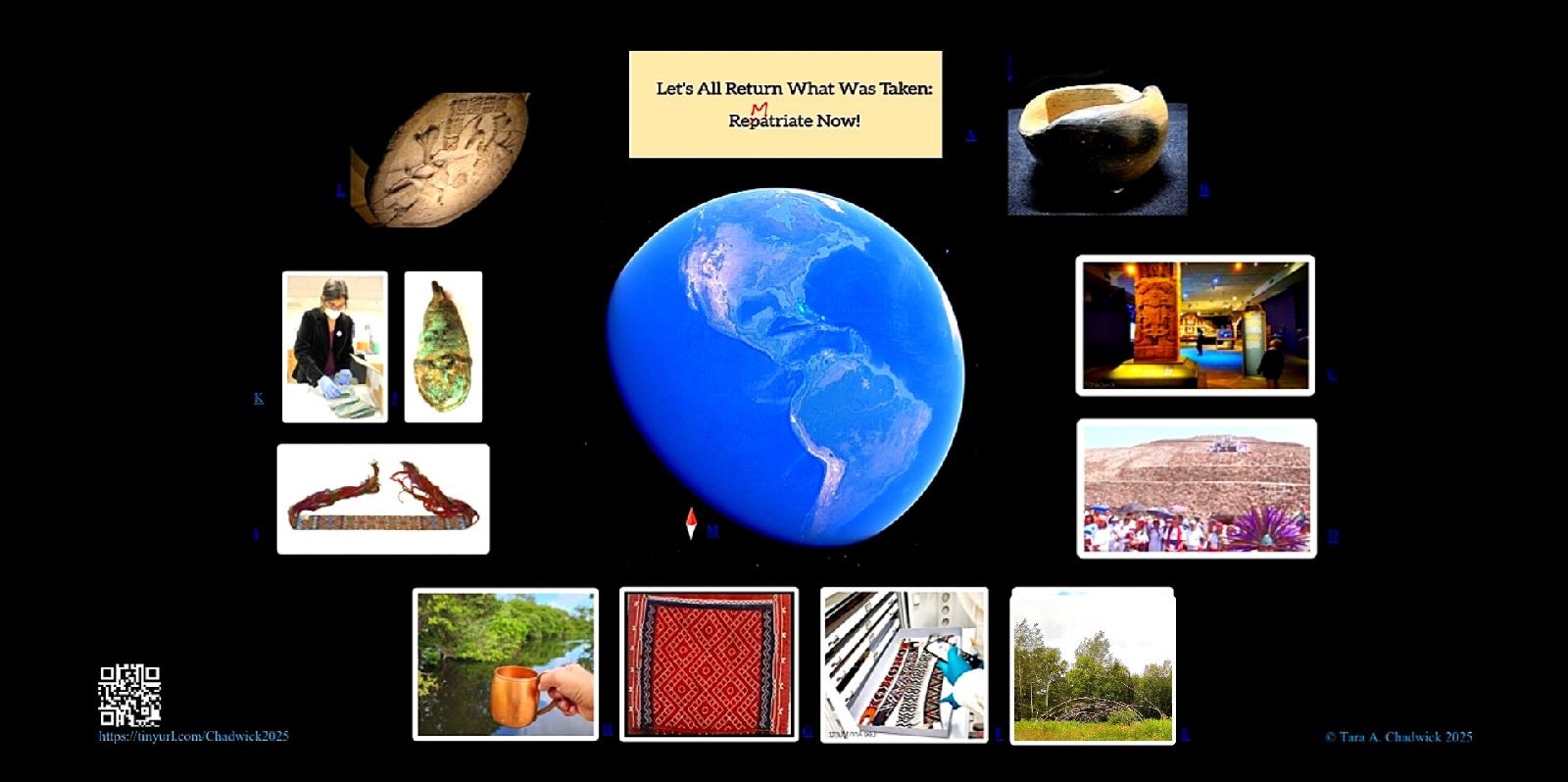It's been just over 20 long years since the art scene in South Florida bloomed from winter escapes of the roaring 20s and deco revival of the 80s to the blossoming of contemporary street art here since y2k.
I remember writing a strongly worded letter to Mr. Horowitz about 10 years ago asking where the presence of Indigenous people appear within the flagship Art Basel Miami Beach enterprise, among well and lesser known Warhols, Baquiats and Calders. The written response was less than vauge, but the receipts over the past decade are undeniably in the bag. We had Edgar Heap of Birds leading one of the next year's Conversation programs. Followed by Jeffrey Gibson who, earlier this year, filled the USA Pavillion at La Biennale with Indigenous art, thought, perspective and music. We've seen Duane Linklater and Nicholas Galanin. Last year we got to see Jaune Quick-to-See Smith as well as Julia Buffalohead in the Meridians Sector. This year we have a return of galleries showing Rose B. Simpson, Wendy Red Star, william cordova, Paula Nicho and Nicholas Galanin.
And within this decade, we have also witnessed a few of the very first major aquisitions of Seminole/ Miccosukee contemporary art by non-tribal institutions (Smithsonian NMAI: Erican Deitz, 2003 and Danielle Nelson, 2011; Lowe Museum: Erica Deitz, 2014; FSU: Erica Deitz, 2023; UF: Elgin Jumper, 2023; Ringling Museum: Jessica Osceola, 2024 and Brian Zepeda, 2024).
The Future is Indigenous as we all pick up the work of "retracing the steps of our ancestors to see what was left along the trail," (Edward Benton Banaise 1934-2020) and begin to put in motion our plans for a sustainable life style that does not harm the ecosystem in which we exist.
Beyond Basel, we have the unparalled opportunity to interact with a temporary installation on 32nd and Collins between the sea shore and Faena Hotel just north of the Palms.
SELETEGA by Nicholas Galanin is a not to be missed opportunity to experience the extraordinary viseral impact of encountering three foreign vessels approach one's home shores.
It is a visual reflection of a personal historical account that has been retold among our families and communities for over five centuries yet feels as though it is still happening over and over again, even today.
The impact of the scale and vibrant interactions of the mast and sails with the offshore breezes becons our genetic memories to recall the horrors of legallized genocide while beseeching us to wake up from the nightmare and take action to construct our plans and begin building a new day of peace, prosperity and respectful co-existance on our shared Mother the Earth.









